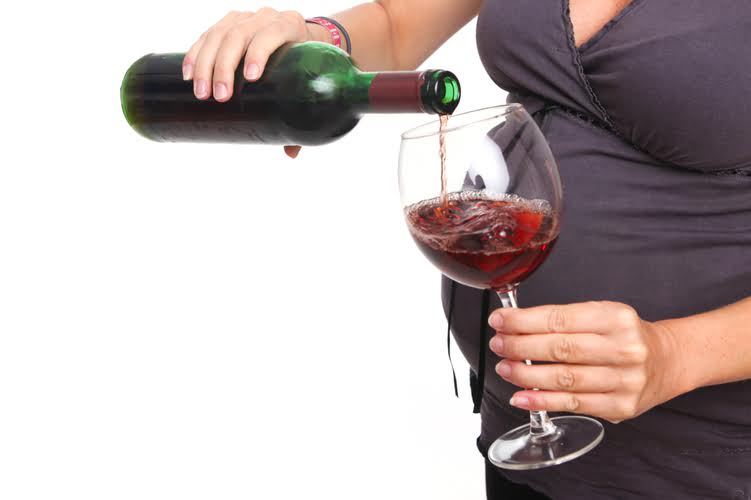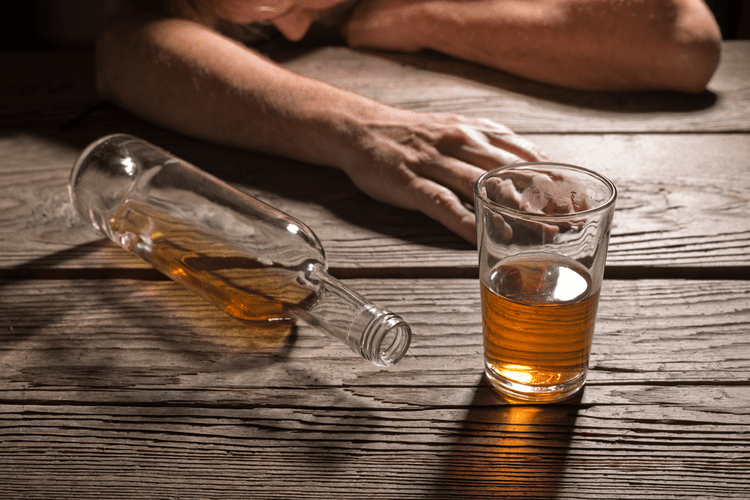Focus: Addiction: Relapse Prevention and the Five Rules of Recovery PMC
We may be paid a fee for marketing or advertising by organizations that can assist with treating people with substance use disorders. In a study published in the Journal of the American Medical Association, relapsing in substance use disorders was compared to relapsing among those suffering from hypertension and asthma. Study results showed that 40% to 60% of recovering addicts suffer from it at least once, whereas worsening occurs in 50% to 70% of people with health conditions such as hypertension and asthma. Research shows that social support indicates long-term success, while peer pressure and unsupportive relationships can lead to relapse.
Cognitive Behavioral Therapy for Relapse Prevention
- When a person’s self-efficacy is low, they may have a hard time believing in their ability to maintain sobriety.
- The negative thinking that underlies addictive thinking is usually all-or-nothing thinking, disqualifying the positives, catastrophizing, and negatively self-labeling [9].
- Understanding relapse, recognising its stages, and developing relapse prevention skills are essential to a successful recovery journey.
- The following sections provide an overview of major theoretical, empirical and applied advances related to RP over the last decade.
They also provide counseling services to teach healthier coping strategies for stress and negative emotions. Future research with a data set that includes multiple measures of risk factors over multiple days can help in validating the dynamic model of relapse. Principles of relapse prevention have been used in the treatment of sex offenders. A high-risk situation is defined as a circumstance in which an individual’s attempt to refrain from a particular behaviour is threatened. While analysing high-risk situations the client is asked to generate a list of situations that are low-risk, and to determine what aspects of those situations differentiate them from the high-risk situations. Seemingly irrelevant decisions (SIDs) are those behaviours that are early in the path of decisions that place the client in a high-risk situation.

How Do You Make A Relapse Prevention Plan?

Eat a well-balanced diet with lots of fresh fruit and vegetables, lean protein, and whole grains. Following these healthy habits will help you feel better and more in control of your life. Relapse means http://fido7.ru/katalog/personalnye-kompyutery/kompyuter-brain-business-b1000-b1820-01-12801.html going back to using after you’ve been abstinent for some time. The National Institute on Drug Abuse estimates that 40 to 60 percent of people who were once addicted to drugs will eventually relapse.

What can you do to stay in recovery when the world seems to have gone crazy?

While experts agree that recidivism is part of recovery and happens gradually, there are different explanations of its phases and warning signs. Self-efficacy refers to a person’s confidence in their own ability to achieve something. When a person’s self-efficacy is low, they may have a hard time believing in their ability to maintain sobriety. Determining what caused a prior relapse is vital in avoiding them in the future. As such, it is vital to have a plan for how to avoid relapse and what to do if it does happen to you.
Check the end of the article for a printable version to keep near by and refer to in times of need, or to share with clients. Recovery from addiction is a challenging journey, filled with both triumphs and setbacks. For individuals http://massage-relaks.ru/tovary-i-uslugi/massazhery-i-massazhnye-kresla/fitstudio-foot-therapy1.html seeking long-term sobriety, relapse can be a disheartening reality. However, recent findings have shown that Cognitive Behavioral Therapy (CBT) is a powerful tool for preventing relapse and sustaining recovery.
Results indicated that RP was generally effective, particularly for alcohol problems. Specifically, RP was most effective when applied to alcohol or polysubstance use disorders, combined with the adjunctive use of medication, and when evaluated immediately following treatment. Moderation analyses suggested that RP was consistently efficacious across treatment modalities (individual vs. group) and http://www.diveevo.ru/2/0/1/84/ settings (inpatient vs. outpatient)22. By staying committed to recovery, individuals can develop the skills and resilience needed to navigate life’s challenges without resorting to substance use and can achieve a fulfilling, healthy, and sober lifestyle. Coping with triggers may involve utilizing relaxation techniques, practicing mindfulness, or reaching out to a support network for help.
- But did you know that a similar strategy can be super helpful for people working to overcome addictive behaviors?
- The process of relapse in addiction recovery is not a singular event but a gradual progression through various stages.
- That being said, these tips aren’t a panacea, and one size doesn’t fit all.
- However, relapse can be an opportunity to reset, develop clear needs and goals, and continue.
- The RP model proposes that at the cessation of a habit, a client feels self-efficacious with regard to the unwanted behaviour and that this perception of self-efficacy stems from learned and practiced skills3.
